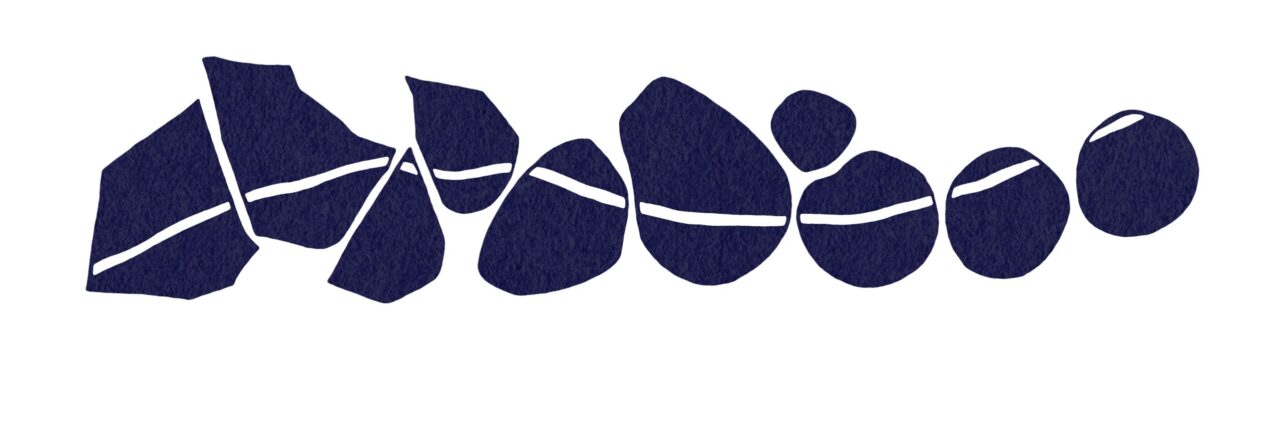A Therapy Analogy
One that I come back to time and time again, is neural networks in the brain, as well trodden paths.
If we’ve been used to feeling, thinking or acting in a certain way, based on what made sense to us when we were much younger, we might very easily (likely without awareness) just always feel, think or act in that way, because that “way” has a well rehearsed pattern, very literally wired into our chemistry.
We might begin to recognise that that response is unhelpful but even then it can be really hard to catch it before it plays out in our reality.
The well trodden path
Well trodden paths are much easier to walk. Even when they don’t feel good, or cause us problems in the longer term, they are our automatic response and while we might dislike the route, it’s comfortable, like a smelly old shoe.
In therapy, often my work is to help someone identify that old pattern.
Importantly we explore and understand why it began – because there is inevitably an entirely sensible function, even to the most complicated “patterns” and responses.
Then we spend some time spotting it together as it happens, perhaps between sessions, or perhaps between us.
We work out how someone might want to swap their old patterns, for newer, more helpful ones. Responses that are more appropriate to how life is now.
Finding new paths
Then we practice walking the new path. This can be so hard because the path is far less accessible. There may be brambles and bracken, nettles and fallen down trees. Initially it takes MUCH more energy than the old path. In this work you are literally creating new neural pathways, but they are far less automatic. This is the hard work of therapy.

A client recently created his own twist on this idea by talking about making new paths in the snow. He said that therapy was like someone holding a hairdryer ahead of him 🤣.
I loved that. It can get a bit sparky 🔥 but mostly I hope, the experience is one of someone walking alongside you, helping to navigate, and guide you back to your goals when you are inevitably distracted by the old.

Leave a Reply